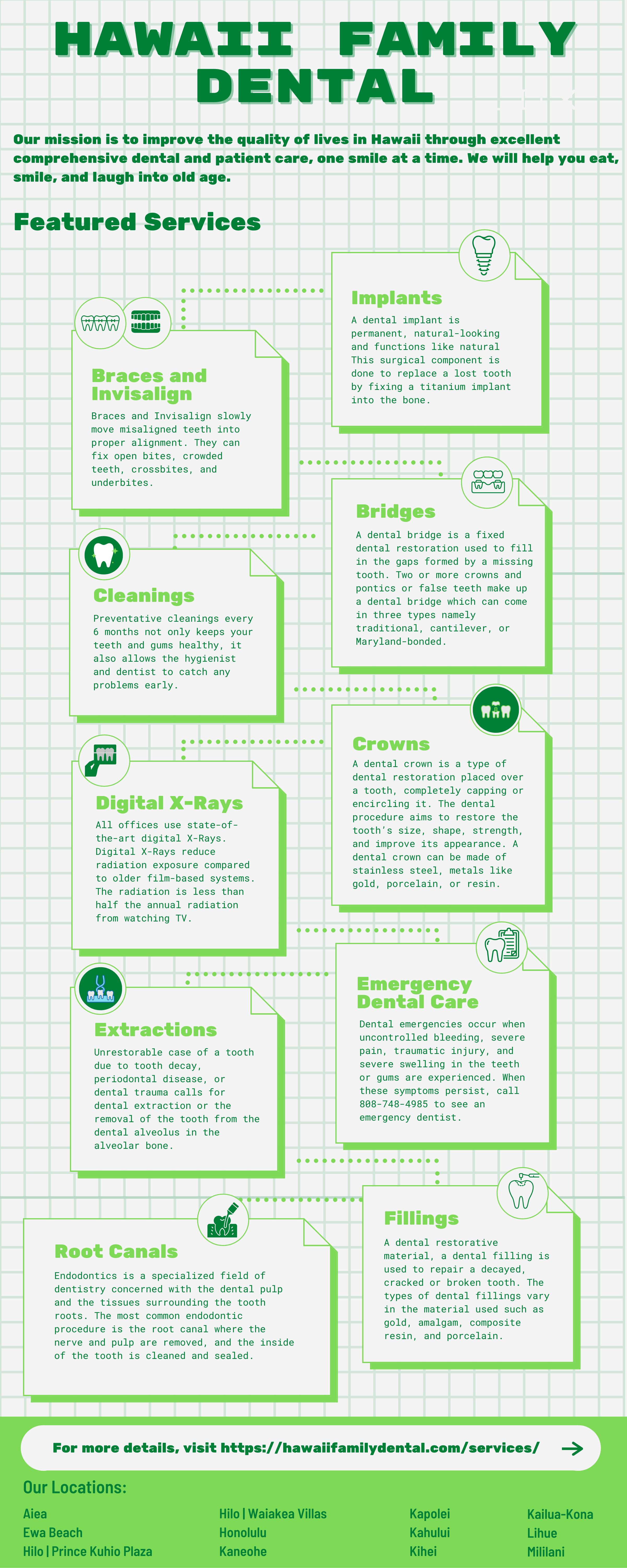In the intricate tapestry of life, family is often the vibrant thread that binds our past, present, and future. As families grow and evolve, so do their needs and priorities, especially when it comes to safeguarding their well-being. Enter the world of insurance—a sometimes daunting, yet essential realm where peace of mind is the ultimate currency. Whether you’re a couple just starting your journey, a bustling family of five, or a seasoned household preparing for an empty nest, understanding how to prioritize your insurance needs can transform potential chaos into clarity. This guide will confidently navigate you through the labyrinth of insurance options, helping you tailor a safety net that fits your unique family size like a glove. Ready to embark on a journey toward financial security and peace of mind? Let’s unravel the art of prioritizing insurance needs, ensuring that your family is protected at every turn.
Understanding Family Dynamics and Insurance Essentials
In the intricate tapestry of family life, understanding the unique needs of your household is essential when selecting the right insurance policies. Each family is a blend of different ages, health considerations, and financial goals, which influences the kind of coverage required. For small families, with perhaps a single child or none, focusing on comprehensive health and life insurance can be crucial. This ensures that the primary breadwinner’s income is safeguarded, providing peace of mind and financial stability in unforeseen circumstances.
- Health Insurance: Tailor your plan to include wellness benefits and preventive care for every member.
- Life Insurance: Consider a policy that covers significant expenses such as education or mortgage in the event of a loss.
On the other hand, larger families might prioritize a broader spectrum of coverage. With more dependents, the need for flexible health plans that accommodate various medical needs becomes more pressing. Additionally, consider policies that offer multi-line discounts, bundling home, auto, and life insurance for cost efficiency. This strategic approach not only protects your loved ones but also aligns with your long-term financial roadmap, ensuring that each member of the family is secured and future-ready.
- Comprehensive Coverage: Opt for policies that include dental and vision care, especially for families with children.
- Multi-line Discounts: Explore bundling options to reduce overall premium costs while maximizing benefits.

Tailoring Coverage: From Singles to Large Families
Insurance isn’t a one-size-fits-all affair; it requires a nuanced approach to suit different family dynamics. For singles, the focus might be on individual health insurance and income protection, ensuring that any unexpected medical expenses or job loss doesn’t derail personal financial goals. However, as the family grows, priorities shift. Couples might consider adding life insurance to safeguard their partner’s future, while young families should look at comprehensive health coverage that includes pediatric care and dental plans for children.
For larger families, the stakes are higher, and the coverage needs are more complex. Consider policies that offer multi-person discounts or family bundles to optimize costs. It’s crucial to factor in the diverse needs of each family member, such as specialized health plans for elderly parents or disability insurance for the primary breadwinner. Here are some tailored considerations for different family sizes:
- Singles: Focus on health and income protection.
- Couples: Add life insurance to protect your partner.
- Young Families: Look for comprehensive health and dental plans.
- Larger Families: Opt for multi-person discounts and tailored policies.

Budgeting for Peace of Mind: Smart Insurance Investments
When planning insurance coverage, the size of your family plays a pivotal role in determining your priorities. Whether you’re a single individual or part of a large household, understanding which policies best serve your needs is crucial. For smaller families or single individuals, health insurance should top the list, ensuring that medical expenses are covered without breaking the bank. Consider adding disability insurance to protect against unexpected income loss, especially if you’re the primary earner. On the other hand, larger families might prioritize life insurance to safeguard their financial future, ensuring that dependents are taken care of in the event of a loss.
Here are some insurance considerations based on family size:
- Single Individuals: Focus on comprehensive health coverage and consider renters or homeowners insurance to protect your belongings.
- Couples without Children: Health and disability insurance remain key, but it’s wise to look into joint life insurance policies.
- Families with Children: Life insurance becomes crucial, along with health plans that offer pediatric care. Consider educational insurance plans to support future academic pursuits.
- Multi-generational Households: Explore long-term care insurance to support elderly family members, while maintaining strong life and health policies for the younger members.

Navigating Policy Options with Family Growth in Mind
When planning for a growing family, selecting the right insurance coverage is crucial. As family dynamics shift, so do the priorities in safeguarding your loved ones. Start by considering the number of dependents you have or anticipate having. With each new addition, the need for comprehensive coverage intensifies. Here are some key considerations:
- Health Insurance: Ensure that your plan covers prenatal care and pediatric services if you’re planning to expand your family. Family plans often offer better rates than individual policies.
- Life Insurance: Evaluate the amount of coverage required to secure your family’s future. The more dependents you have, the greater the need for a robust life insurance policy.
- Disability Insurance: Protect your income in case of unforeseen circumstances. With more mouths to feed, the financial impact of a loss of income can be significant.
It’s essential to reassess your insurance needs regularly, especially after major life events like the birth of a child. By staying proactive and informed, you can ensure that your family remains protected as it grows and changes.

